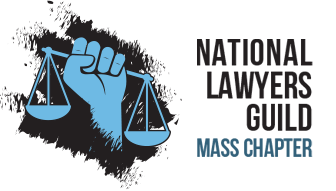NLG PUBLIC RECORDS LAWSUIT AGAINST BOSTON POLICE DEPARTMENT PRODUCES EVIDENCE OF WIDESPREAD SURVEILLANCE OF ACTIVISTS
Boston, January 30, 2020 – In late August 2019, the National Lawyers Guild-Mass Chapter (NLG) settled its public records lawsuit against the Boston Police Department (BPD) and Boston Regional Intelligence Center (BRIC), our local fusion center. The lawsuit was filed in 2017 on behalf of local peaceful activists to force the BPD and BRIC to release un-redacted documents showing the scope of surveillance of our clients and the Occupy Boston Movement.
As a result of the NLG lawsuit, BPD and BRIC produced 1,500 pages of surveillance records from 2011 and 2012 which, according to the BPD policies and assurances the NLG received from BPD & BRIC at a joint meeting in May 2012, were supposed to be purged within 90 days of their filings. Moreover, until the NLG lawsuit was filed, the BPD and BRIC shared records and documents related to the peaceful activists with over fifteen hundred (1,500) law enforcement and private “business partners” around the whole U.S.A.
“What shocked us to our core was the scale of the sharing of surveillance records,” said Urszula Masny-Latos, Executive Director of the NLG-Mass Chapter. “Because of the lawsuit, we learned that records on peaceful activists were not promptly purged under the law, and they were shared with others outside the BPD. In addition to all Massachusetts local police departments and state police, the BPD and BRIC sent regular daily bulletins with surveillance information about our clients, the Occupy Boston movement, and other organizations to military forces, law enforcement agencies, as well as governmental (federal, state, and local) and private institutions, including hotels, schools, hospitals, security and financial institutions, and corporations (energy, pharmaceuticals, genetic, real estate, telecommunication, and others). And all this was done without protecting the privacy of those surveilled.”
“BRIC was created in 2005 with funding from the Department of Homeland Security to prevent acts of terrorism and reduce gang-related criminal activities in the Metropolitan Boston area, not to spy and conduct surveillance of peaceful, First Amendment protected activists,” said Attorney David Kelston from the NLG Litigation Committee. “Our lawsuit shows that BRIC maintains and distributes the records about constitutionally-protected activities, even though it violates their own rules.”
For a copy of this press release, click here!



